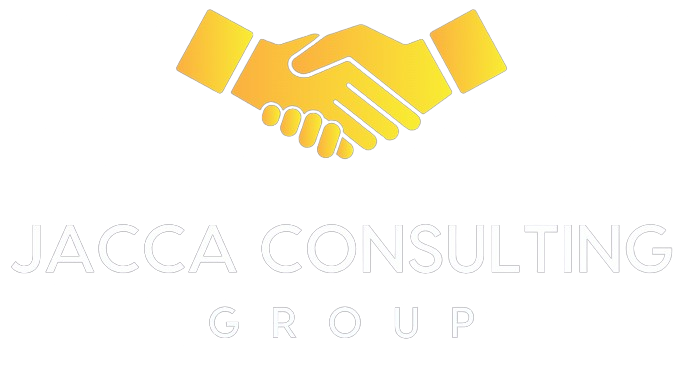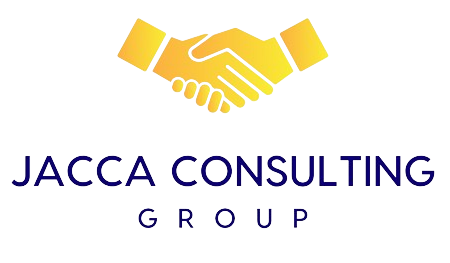Table of Contents
ToggleIntroduction
Achieving success in the ever-evolving business landscape isn’t just about having grand aspirations; it’s about possessing a meticulously crafted strategic plan. Strategic planning acts as the guiding force that propels your business through the competitive terrain, ensuring sustained success.
In this comprehensive guide, we will unravel the critical role of strategic planning, explore the implications of neglecting it, and underscore why it is the secret sauce to fine-tuning your business for long-term prosperity.
The Core of Strategic Planning
Imagine navigating a ship without a compass. Operating a business without a strategic plan is akin to this scenario – it risks losing focus, straying from objectives, and succumbing to distractions. Strategic planning is the process of deciding what to do and how to do it before action is required, providing a roadmap for your business’s journey.
Without a robust strategic plan, your business is like a plank of wood from a shipwreck adrift in the vast ocean – directionless and vulnerable. While hope might guide it to safety, there’s an equal chance of it getting lost in the unpredictability of the business world.

The Ongoing Strategic Planning Process
One prevalent pitfall among business owners is viewing strategic planning as a one-time task. Shockingly, a independent survey conducted by our internal team revealed that only 8% of small businesses have an effective strategic plan. Additionally, a mere 15% of business owners review their plans monthly, leaving a staggering 24% without a clear direction.
Why is ongoing strategic planning crucial? Consider these scenarios:
- Combatting Competitive Threats: In a dynamic market, when a competitor launches a product threatening your market share, a well-devised strategic plan provides the foundation to counteract the threat effectively.
- Adapting to Changing Customer Demands: The business landscape is ever-shifting. As customer demands evolve, your business needs to adapt swiftly. A strategic plan ensures your organization is prepared to respond to evolving customer needs.
Strategic Planning Beyond Long-Term Vision
While long-term planning is valuable, it may not shield your business from unexpected challenges like recessions, increased competition, energy crises, new regulations, or disruptive technologies. A strategic plan is designed to make your business agile, allowing it to adapt to new opportunities and threats while staying aligned with the overall company vision.
Paul Bitta, Founder, and CEO of Jacca Consulting Group, emphasizes the importance of ongoing relevance in a strategic plan. He believes that an effective business growth strategy emerges through a continually reassessed process that stays attuned to the current business landscape.
The Dynamic Business Landscape
Businesses face constant fluctuations in the market, experiencing success one year and debts the next. Anticipated and unanticipated opportunities and threats demand strategic responses. Our consultancy is committed to helping businesses navigate these challenges by not only developing robust strategic plans but also ensuring they stay up-to-date.
How can we help ?
We offer comprehensive support in navigating the complex business environment. Our services include identifying potential market segments, enhancing business performance and formulating effective restructuring strategies. Investing in a strategic business plan is not enough; it needs to be actively utilized to reap its full benefits and meet your strategic targets.
Building on the Foundation
A strategic plan should serve as a living document, evolving with your business and the ever-changing market dynamics. Regular reviews and updates are essential to ensure that the plan remains aligned with your goals and responsive to emerging challenges.

Expanding on the strategic planning process, it’s crucial to involve key stakeholders in the ongoing assessment and revision. This collaborative approach ensures diverse perspectives and insights, enriching the strategic plan and making it more resilient in the face of uncertainties.
Moreover, consider incorporating scenario planning into your strategic approach. This involves envisioning various potential futures and developing strategies to address each scenario. By proactively preparing for different outcomes, your business becomes more adaptable and better equipped to navigate unforeseen challenges.
Conclusion
Strategic planning is the cornerstone of every successful business. It provides the roadmap to success, enabling businesses to adapt to changing environments, capitalize on opportunities, and mitigate threats. Neglecting strategic planning leaves your business vulnerable and adrift in the competitive sea. Invest the time and resources in crafting and regularly updating your strategic plan to ensure your business not only survives but thrives in the ever-evolving business landscape.





